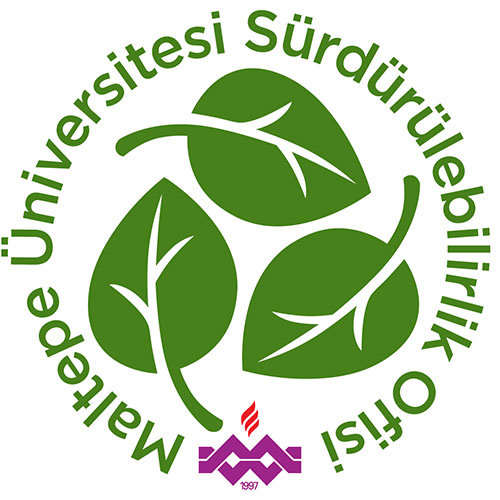It is essential to evaluate the significance of International Clean Energy Day, designated by the United Nations (UN) on January 26, within the context of sustainability. The promotion of clean energy sources is directly linked to the UN’s 2030 Sustainable Development Goals (SDGs). The transition to clean energy must be assessed in terms of its impact on climate change, economic development, and social justice.
In this regard, energy is the fundamental driver of modern societies and a key factor in economic growth. However, the use of fossil fuels leads to environmental degradation, carbon emissions, and climate change. Recognizing these challenges, the UN has declared January 26 as International Clean Energy Day, emphasizing the importance of sustainable and accessible energy. Clean energy sources—including solar, wind, hydroelectric, geothermal, and biomass—contribute to environmental sustainability by reducing greenhouse gas emissions. Moreover, they enhance energy security, foster economic growth, and improve social well-being. In this context, clean energy use is associated with three key dimensions of sustainability:
- Environmental Sustainability: Clean energy plays a crucial role in limiting global temperature rise by reducing carbon emissions. Additionally, it helps mitigate air and water pollution, thereby protecting ecosystems.
- Economic Sustainability: Renewable energy technologies create new employment opportunities, contributing to job creation. Furthermore, they reduce dependence on energy imports, thereby strengthening local economies.
- Social Sustainability: Access to clean energy reduces energy poverty, improving quality of life. Expanding energy access in rural areas facilitates the advancement of education and healthcare services.
As is well known, among the UN’s 17 Sustainable Development Goals (SDGs), SDG-7 (Affordable and Clean Energy) is directly related to clean energy policies. Additionally, SDG-13 (Climate Action), SDG-8 (Decent Work and Economic Growth), and SDG-11 (Sustainable Cities and Communities) are also supported by the widespread adoption of clean energy.
Key SDGs Related to Clean Energy
- SDG-7: Affordable and Clean Energy
- Ensure universal access to reliable, sustainable, and modern energy by 2030.
- Increase the share of renewable energy in the global energy mix.
- Enhance energy efficiency.
- SDG-13: Climate Action
- Promote renewable energy usage to reduce carbon emissions.
- Accelerate the energy transition to combat climate change.
- SDG-8: Decent Work and Economic Growth
- Create new job opportunities in the clean energy sector.
- Encourage the adoption of green economic models.
- SDG-11: Sustainable Cities and Communities
- Expand the use of renewable energy in urban areas.
- Promote smart city initiatives.
Conclusion
International Clean Energy Day raises global awareness of the importance of clean energy sources. To achieve the Sustainable Development Goals, it is crucial to increase investments in renewable energy, gradually phase out fossil fuels, and strengthen clean energy policies. Policymakers, the private sector, and all stakeholders in society play an active role in the transition to clean energy. In this regard, adopting incentive mechanisms that accelerate energy transformation and integrating sustainability-driven strategies are imperative.
For a greener and more livable world, it is essential to embrace and utilize clean energy collectively.


